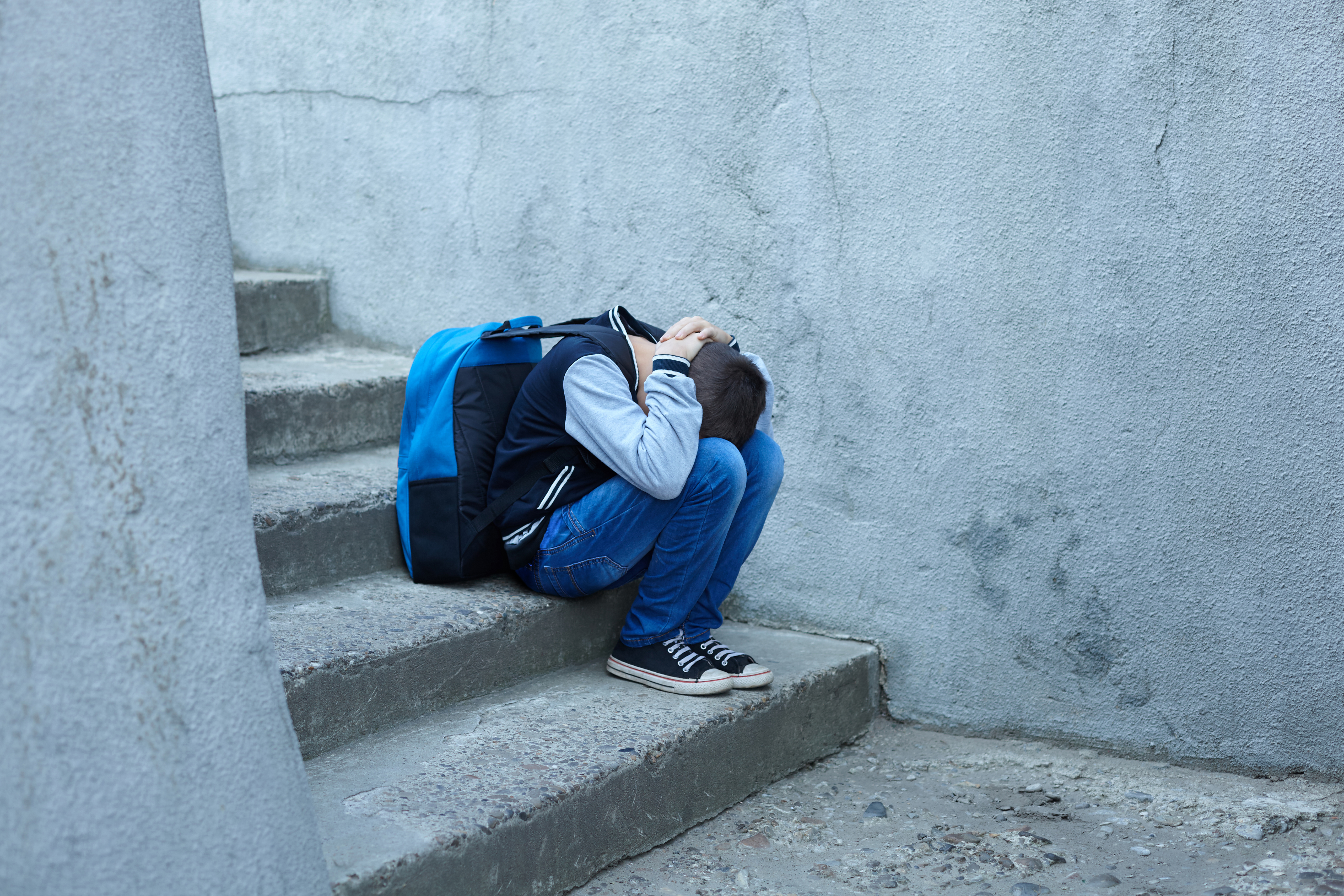
Currently, reinforcement of juvenile law is controversial in Korea. Some people agree with it because of justice for the victims. Some people disagree with it because an offender is an adolescent..
Pro
Recently, some violent attacks on teenagers by teenagers have made people think about reinforcement of juvenile law. Even though the crimes were very terrible, the punishment was very low because the perpetrators were teenagers. Some people think that if the nation gives juveniles extremely severe punishments, young people will feel that there is no hope for their future. However, light punishments do not stop teenagers from committing crimes. In my opinion, the Korean government must reinforce juvenile laws to make a country with a low rate of juvenile crime.
First, the recidivism rate of juvenile delinquents has been increasing. For example, the Korean National Statistic Office investigated the number of cases of juvenile delinquents committing the same crime within a month. The investigation showed that the number of cases increased from 1,005 in 2006 to 2,181 in 2014. We can see that the recidivism rate has increased as times goes by. Also, according to the Ministry of Justice, teenagers who had undergone probation during the past 5 years had a recidivism rate of 10.9%, twice as high as adults at 4.5%. This is proof that juvenile delinquents are not scared of juvenile punishments anymore. Therefore, juvenile law should be reinforced to reduce the recidivism rate of juvenile delinquents.
Second, it is necessary to give justice to the victims. For example, Korean juvenile law specifies that murder has a maximum punishment of 20 years in prison. That is an unfair punishment to the friends and family of victims because the wound they receive is there forever. Therefore, the penalties imposed on juvenile offenders must fit the crime.
Third, advanced countries have been reinforcing punishments for juveniles law 1990. They understand the importance of strong juvenile laws. For example, Japan lowered the punishment age from 16 to 14 because of the Sakakibara Case. Japan also reinforced juvenile laws for teenager perpetrators to include the death penalty and life imprisonment according to the nature of the crime. Also, Britain and Australia reinforced their juvenile laws to punish children as young as 10 years old. Korea also has to reinforce juvenile law like advanced countries
To sum up, we must strive to become a well-ordered society in order to have justice and fairness. If the Korean government reinforces juvenile law, the recidivism rate of juvenile delinquents will decrease and justice will be served. For these reasons, I believe that the Korean government has to reinforce juvenile law.
● Opinion from a reader
(Yoon Da-eun, Major in Japanese studies))
I agree with the reinforcement of juvenile law because there is no denying that the juvenile crime rate is increasing. If the Korean government strengthens juvenile law, adolescents will not commit crimes. When they find out how juvenile offenders were punished, they will be discouraged from attempting any crimes. Then the juvenile crime rate will decrease.
By Kim Hyo-eon
KMG Junior Reporter
ye5194@stu.kmu.ac.kr
KMG Junior Reporter
ye5194@stu.kmu.ac.kr
Con
Recently, there were two cases of children attacking children: a high school girl murdered a grade-school girl and a group of middle school girls beat and tortured a younger middle school girl. Although the attackers in both cases are minors, they committed serious crimes. However, they are adolescents not adults. Some people think that the crimes are so serious that the minors should be punished like adults. This has made some people argue for changing juvenile laws. I don’t think that is a good idea, so I disagree with the reinforcement of juvenile law.
First, penalties for minors must be different than those for adults because adolescents lack the ability to fully understand the consequences of their actions. They are not completely developed mentally or emotionally, so penalties for minors must be low. Also, if adolescents and adults were treated equally, then the government should give adolescents political rights that same as adults. However, the government restricts political rights including suffrage until people are mature enough to make wise decisions. Minors aren’t mature enough to make those decisions, so they aren’t mature enough to completely understand crimes they commit. This means they should continue to have lighter punishment.
Second, focusing on penalties instead of education for juvenile offenders is not effective. Social media factors influenced the minors, who then committed serious crimes . Adolescents can see various crimes by being exposed to a lot of media, including movies, TV, the Internet and social network sites (SNS). In addition, the light punishments for minors do not strongly influence them to commit crimes. The main causes are social hazards like bullying, competition for grades and the university entrance exam. The government must focus on protecting the social environment and providing education for juveniles rather than increasing the penalties.
Finally, the purpose of juvenile laws must not be damaged. The purpose of juvenile laws is that young offenders regret and repent for their crimes and return to society. If the possibility of criminal penalties is high, rehabilitated juveniles decrease and ex-convicts increase. Therefore, I think the government must focus on protection and prevention rather than reinforcement of juvenile law for reducing juvenile delinquents.
In conclusion, minors are not mentally mature, so juvenile laws should not be reinforced. The government must concentrate on education and protection of social environments rather than reinforcement of penalties.
● Opinion from a reader
(Kang Min-jeong, Department of statistics)
I oppose abolition of juvenile law. Minors need special laws for them because they are not adults yet. Adolescents should receive an education to prevent them from committing crimes. The government should implement policies to help prevent juvenile crime. The government and adolescents must both make an effort in prevent juvenile crime.
By Kang Na-yeong
KMG Reporter
qpfk38@stu.kmu.ac.kr
KMG Reporter
qpfk38@stu.kmu.ac.kr








